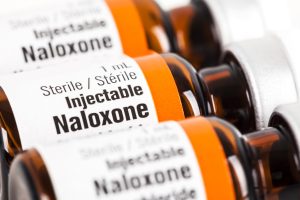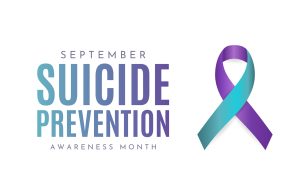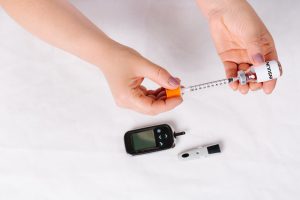 Napping can provide more than a moment of rest; for many adults, it may also offer various benefits for their health. Studies show that taking short naps can improve memory, ease stress, improve mood, and enhance alertness.
Napping can provide more than a moment of rest; for many adults, it may also offer various benefits for their health. Studies show that taking short naps can improve memory, ease stress, improve mood, and enhance alertness.
While taking a nap can be advantageous, sleep experts discourage taking long naps which have been found to contribute to insomnia and sleep inertia. Shorter naps, for about 10 to 20 minutes, are recommended instead because they allow the body to rest without going into the deeper stages of sleep, which can be problematic.
Napping for longer periods may result in adverse effects such as lost sleep at night. This habit is also linked to the development of several health conditions. According to Harvard Health, “studies have found that adults who take long naps during the day may be more likely to have conditions such as diabetes, heart disease, and depression.”
Napping at the wrong time of day is also disadvantageous. The best time to take a nap for most is typically in the early afternoon, ideally before 3 p.m. Napping later in the day or closer to bedtime may interfere with nighttime sleep.
In addition to napping at the right time of day and for the right length of time, creating a comfortable sleep environment can help greatly with getting a good nap. For high-quality rest, find a cool and quiet place with few distractions to sleep.
All content of this newsletter is intended for general information purposes only and is not intended or implied to be a substitute for professional medical advice, diagnosis or treatment. Please consult a medical professional before adopting any of the suggestions on this page. You must never disregard professional medical advice or delay seeking medical treatment based upon any content of this newsletter. PROMPTLY CONSULT YOUR PHYSICIAN OR CALL 911 IF YOU BELIEVE YOU HAVE A MEDICAL EMERGENCY.










